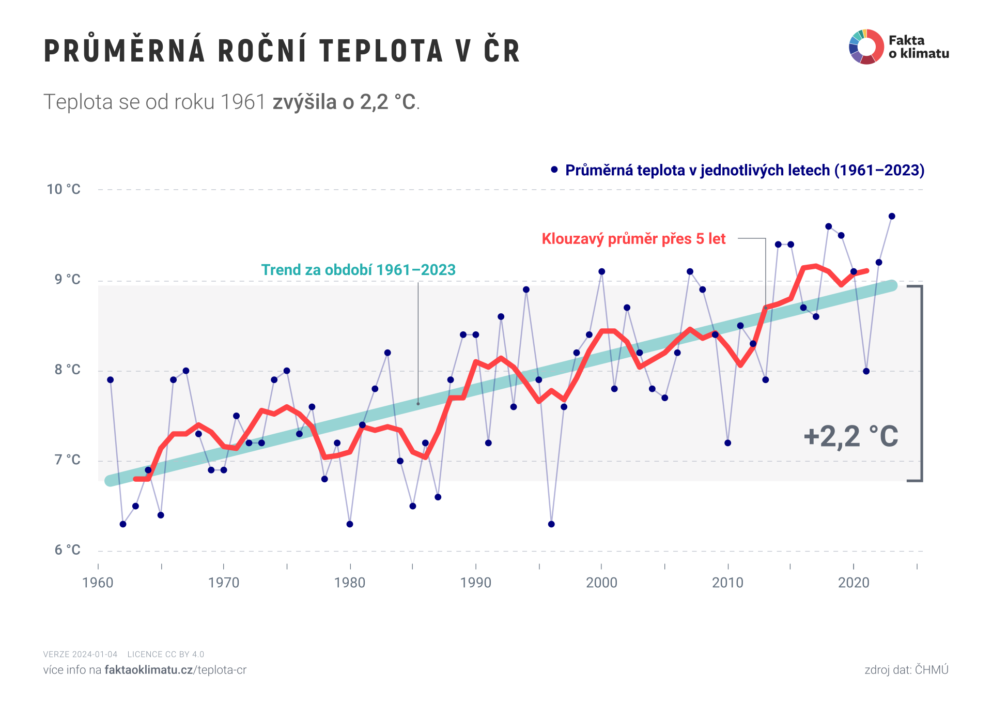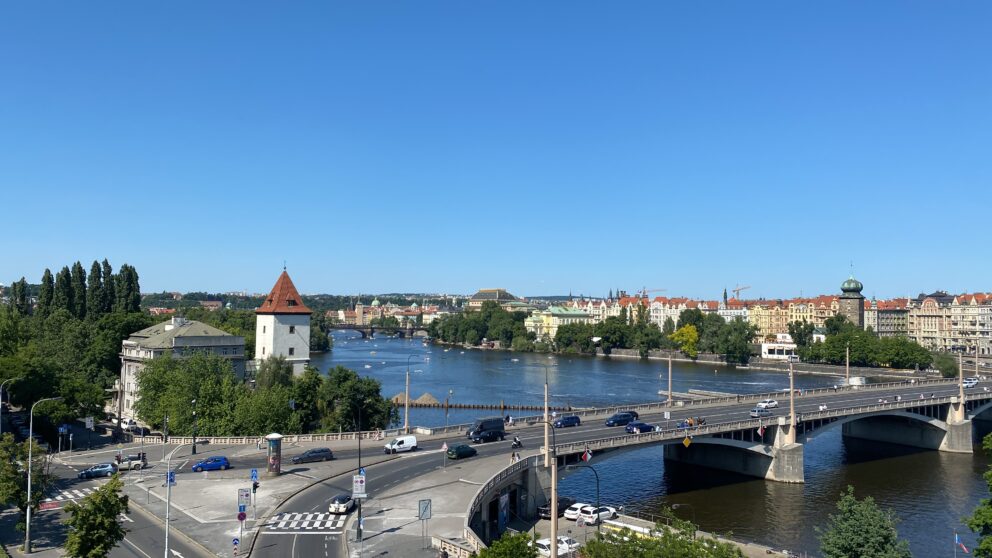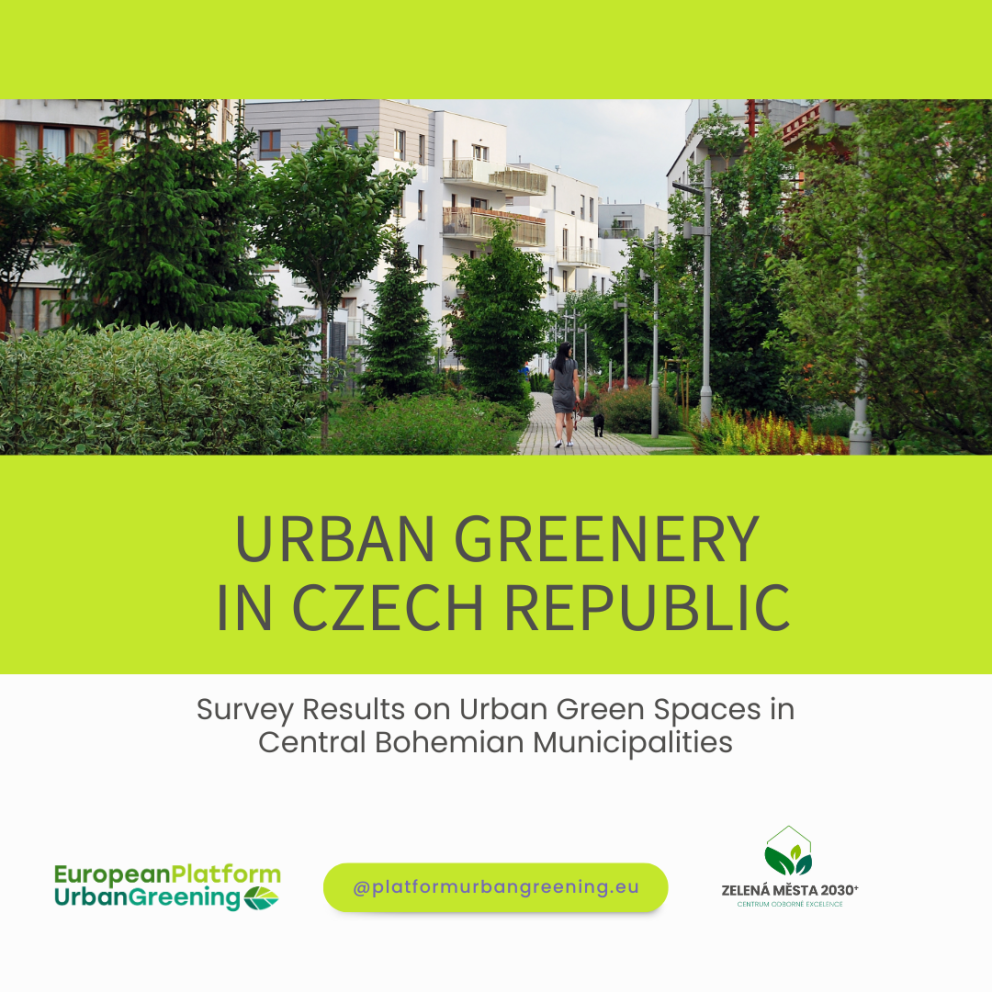"Prague isn't ready for climate change“, says a geographer. The city's residents endure increasingly scorching streets and a dearth of green spaces. According to experts, urban areas absorb too much sunlight, exacerbating the heat island effect. Last year marked the Czech Republic's hottest since 1961.
Prague Unprepared for Climate Change: Streets Sizzling in Summer
The capital’s residents face increasingly scorching streets and a lack of greenery. According to experts, the city absorbs too much sunlight, emitting heat and exacerbating the urban heat island effect. Last year marked the Czech Republic’s warmest since 1961, with temperatures soaring.
Europe grapples with intensified heatwaves, with some lasting over ten days and temperatures exceeding 35°C.
Prague’s Measures
“The city is ill-prepared for climate change,” experts warn. While a climate plan aims to reduce CO2 emissions by 45% by 2030, progress remains slow. Efforts like biogas treatment facilities and plastic recycling are underway but insufficient.
Last year’s average temperature hit 9.7°C, 1.4°C higher than the 1991-2020 average. The warming trend is evident, despite challenges in measurement accuracy. The rise in temperatures can be seen in the attached graph, which documents the average annual temperatures in the Czech Republic since 1961.
Moreover, urban development often replaces greenery with lawns, lacking the same ecological benefits. “I’m saddened by the loss of green spaces; it affects our well-being,” laments a resident. Mechanization harms soil, reducing its carbon-capturing capacity.
Individual Impact
Residents must reduce consumption, experts advise. Opting for emission-free transportation and locally sourced, minimally processed food can make a difference.
“We’re committed to our climate plan, but lack the bureaucratic capacity to execute it fully,” officials acknowledge.
According to experts, Czech cities lack sufficient greenery and water elements to mitigate heat. Impermeable surfaces like roofs worsen runoff and exacerbate heat retention.
Short-term actions can mitigate climate risks, but concerted efforts are needed for lasting change.
This report is based on an article from www.idnes.cz







